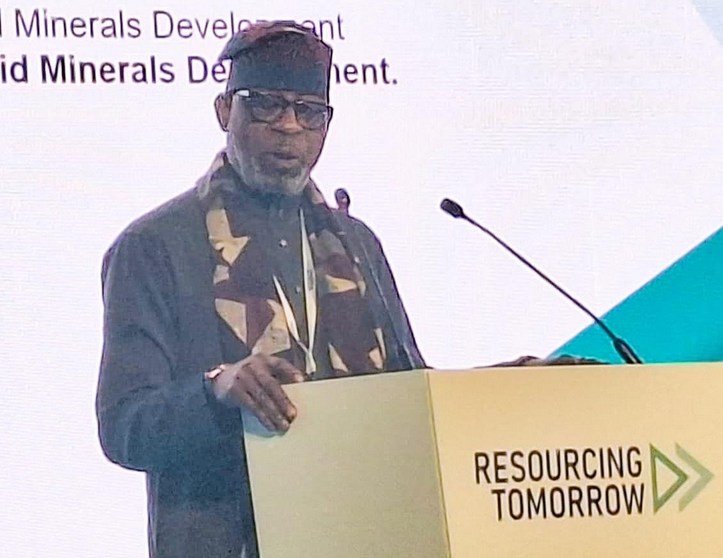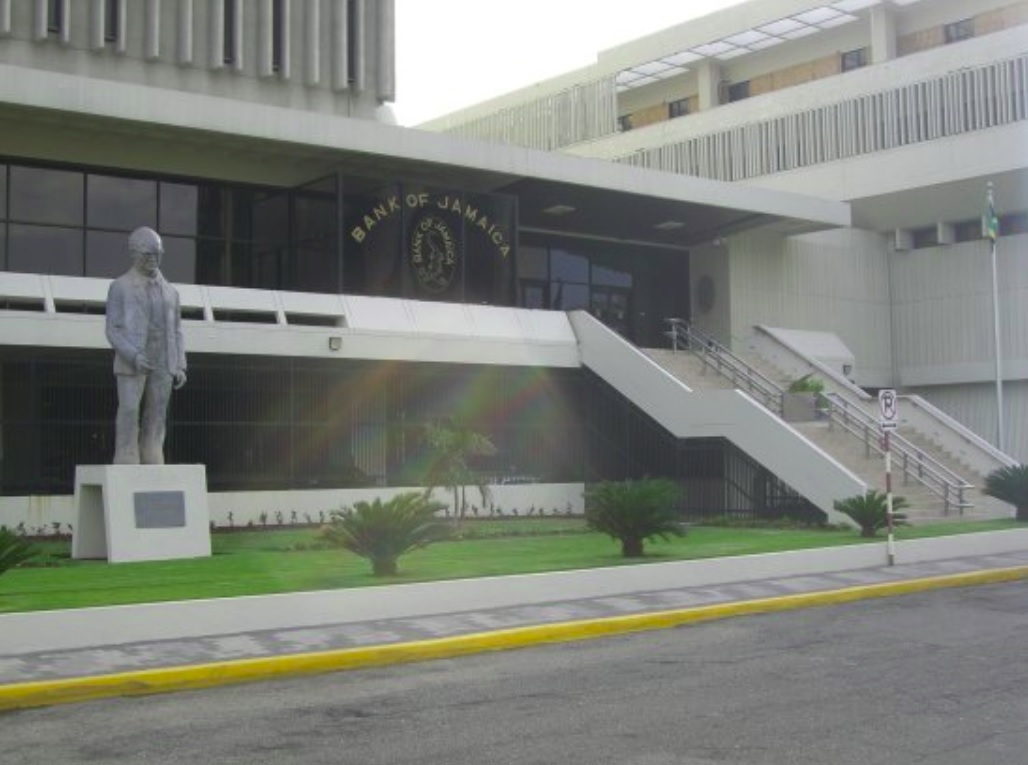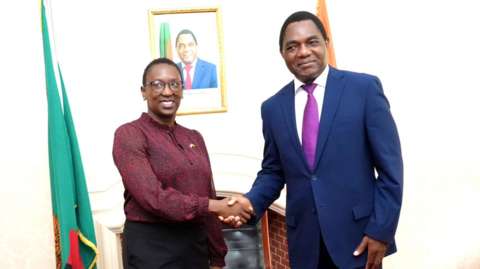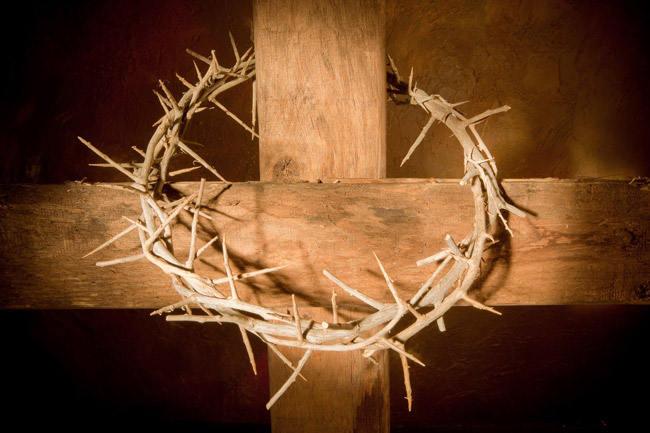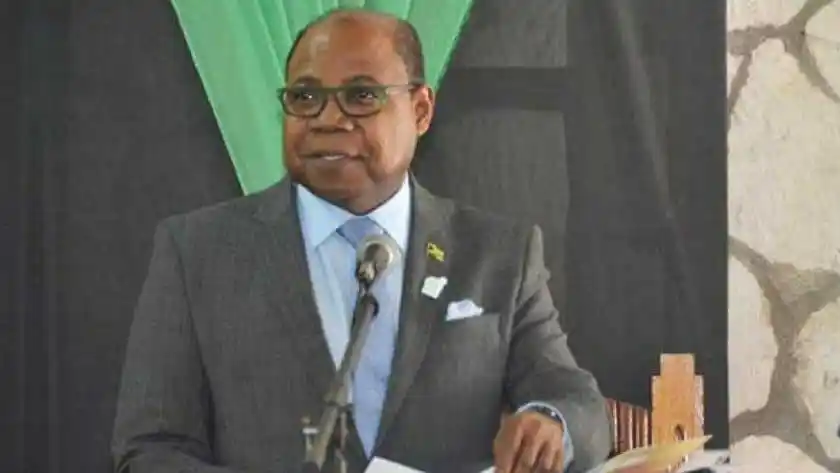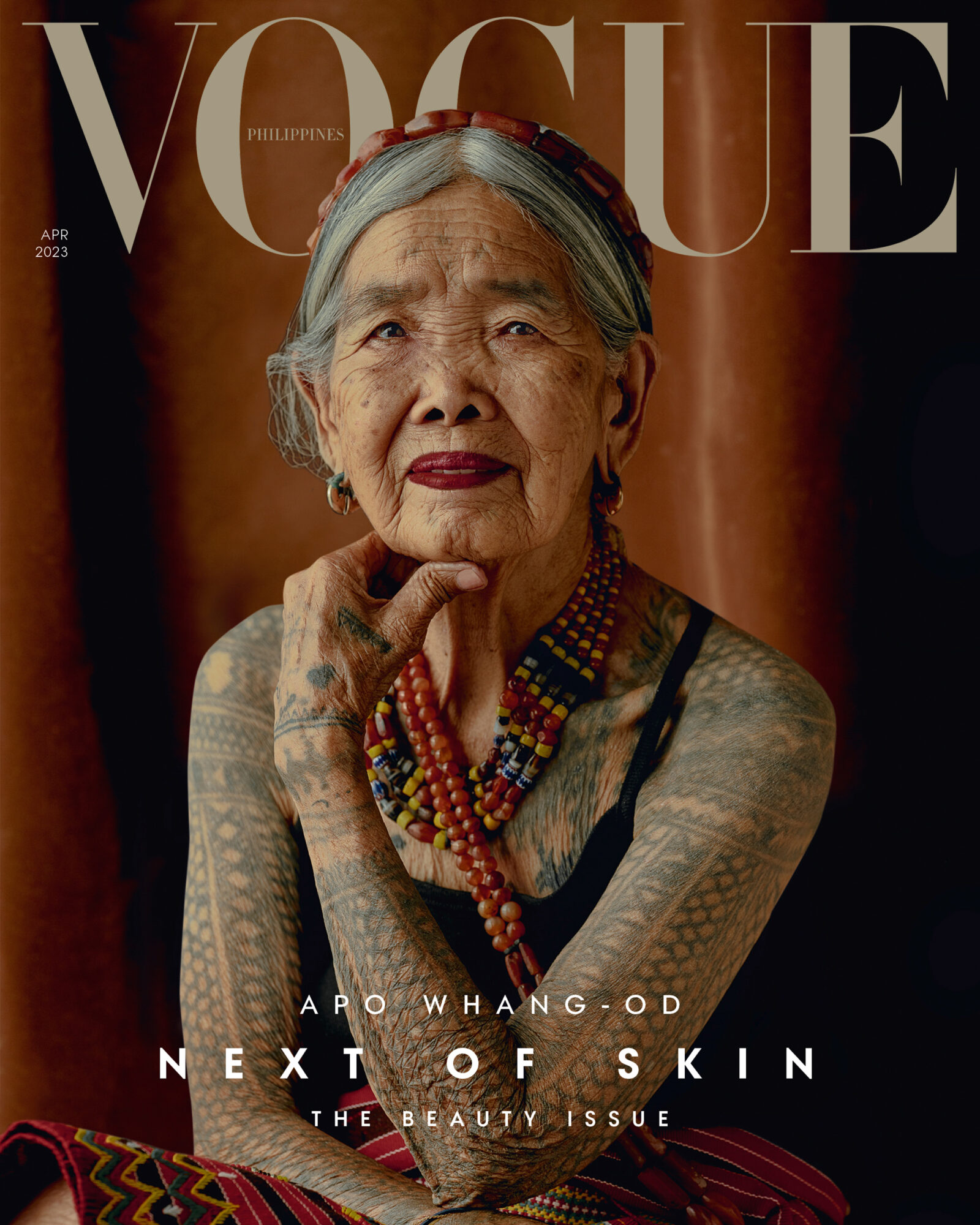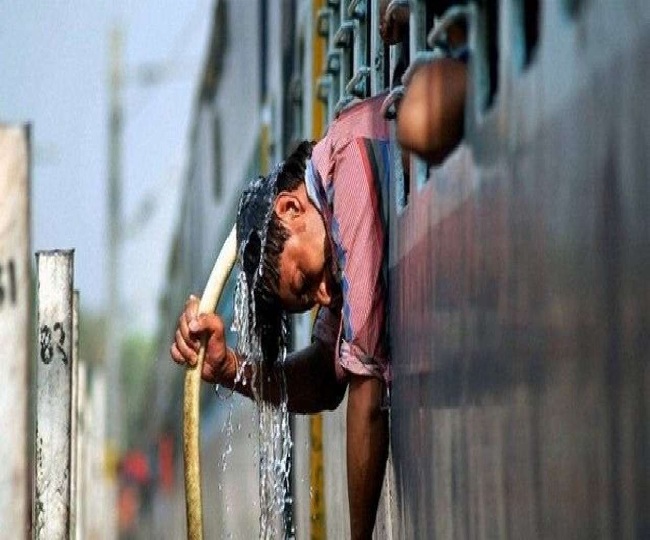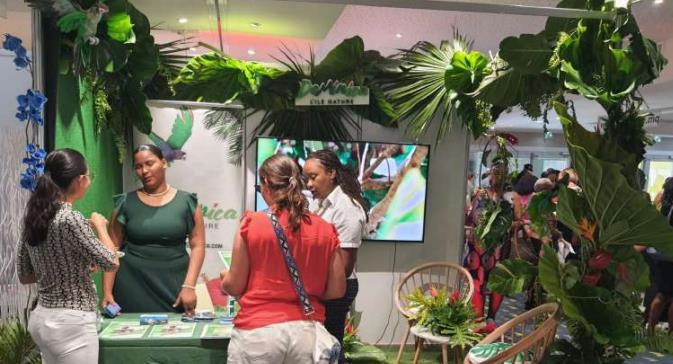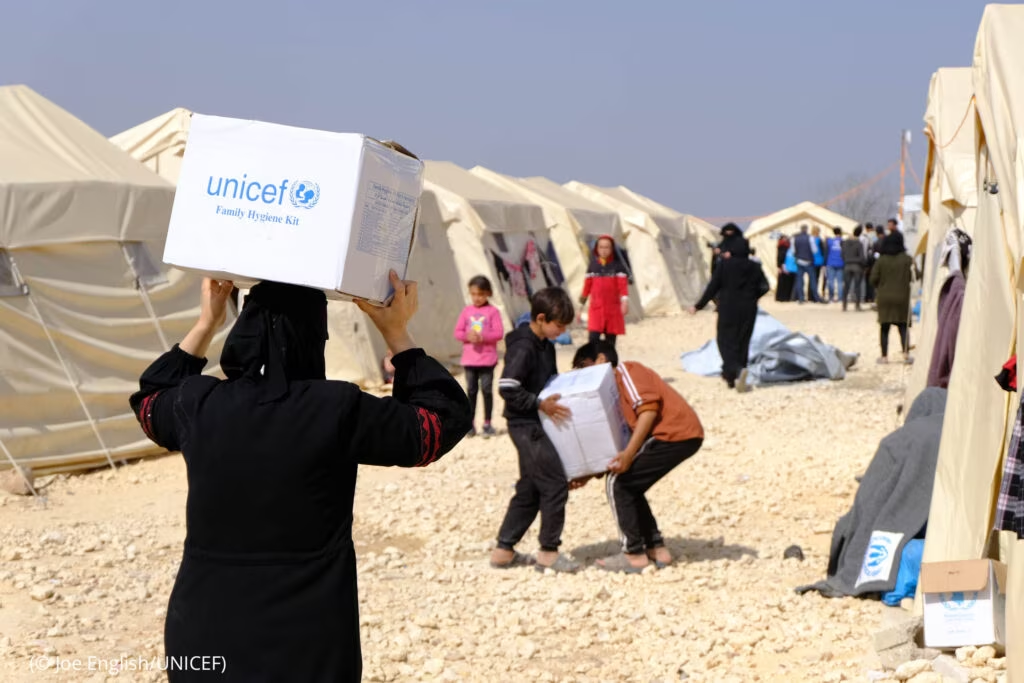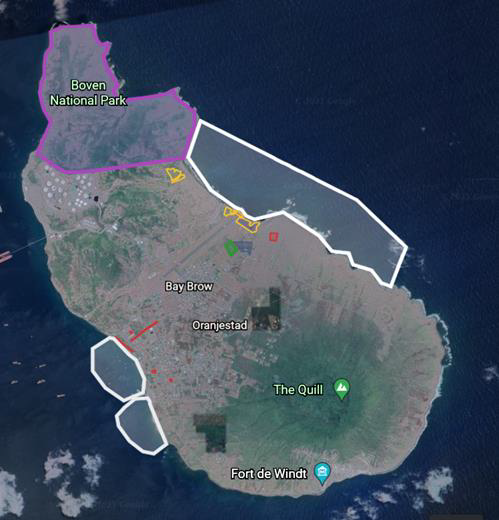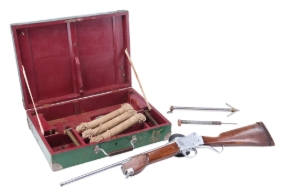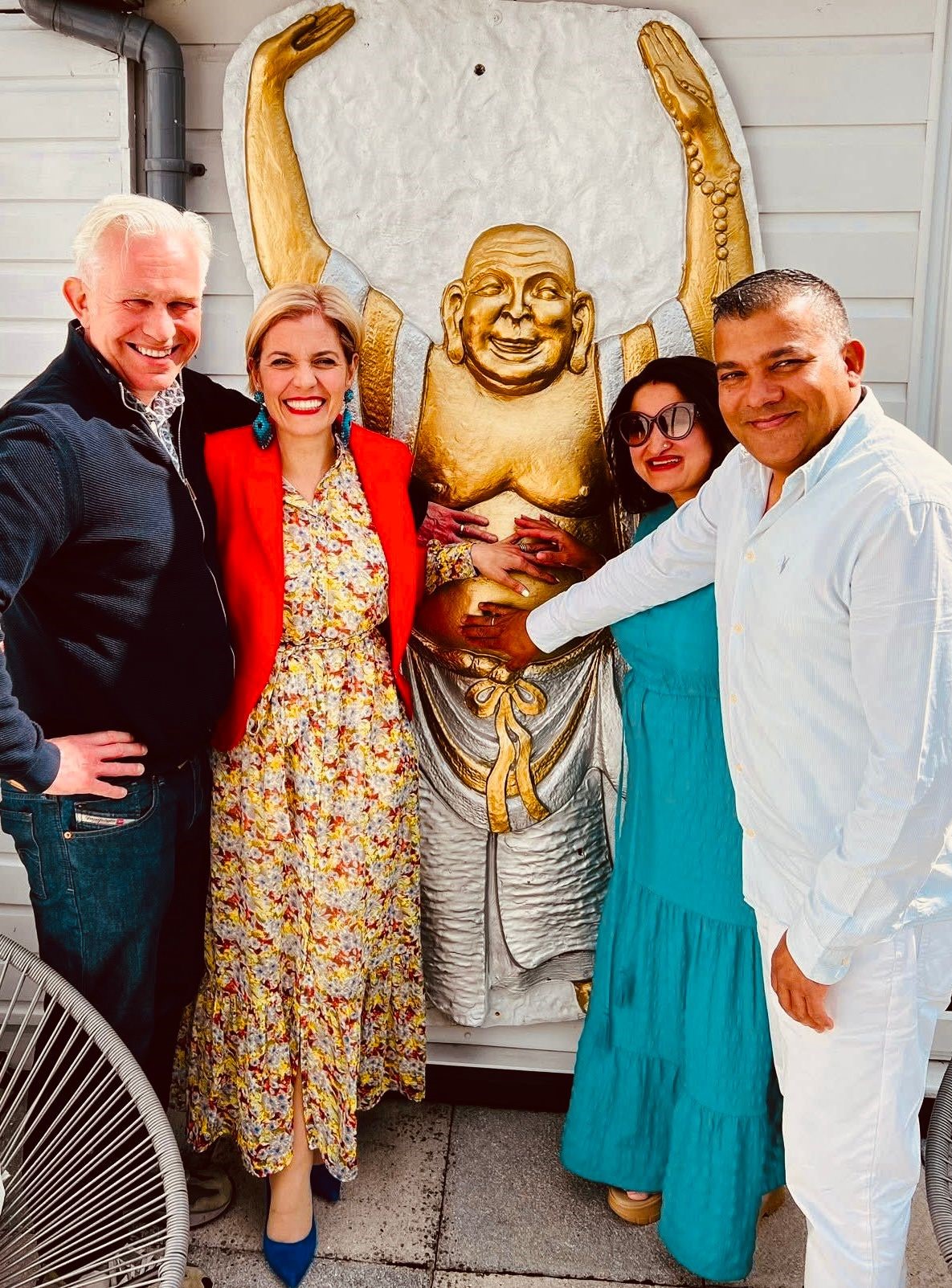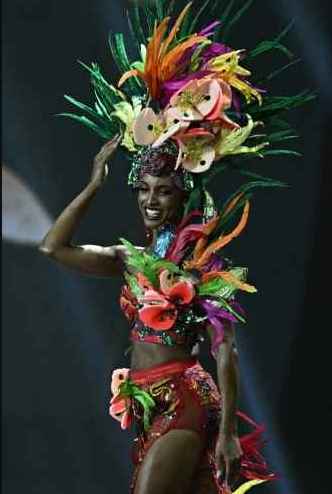FII Institute's Global PRIORITY Summit closes with another round of unexpected conversations to shape the new global order
FII Institute's Global PRIORITY Summit in Miami closed with disruptive and unexpected conversations on peace and prosperity, upcoming big ideas for investments, AI ethics and risks, space as a new superpower, trust in the media - and hope.
The summit's over 700 delegates crowded the plenary for talks on geopolitical affairs as Jared Kushner took the stage with Brian Hook to discuss his ideas for making a way forward through peace and prosperity in this new global order and Dr. John Chipman of IISS set the backdrop with a 360-degree geopolitical review.


